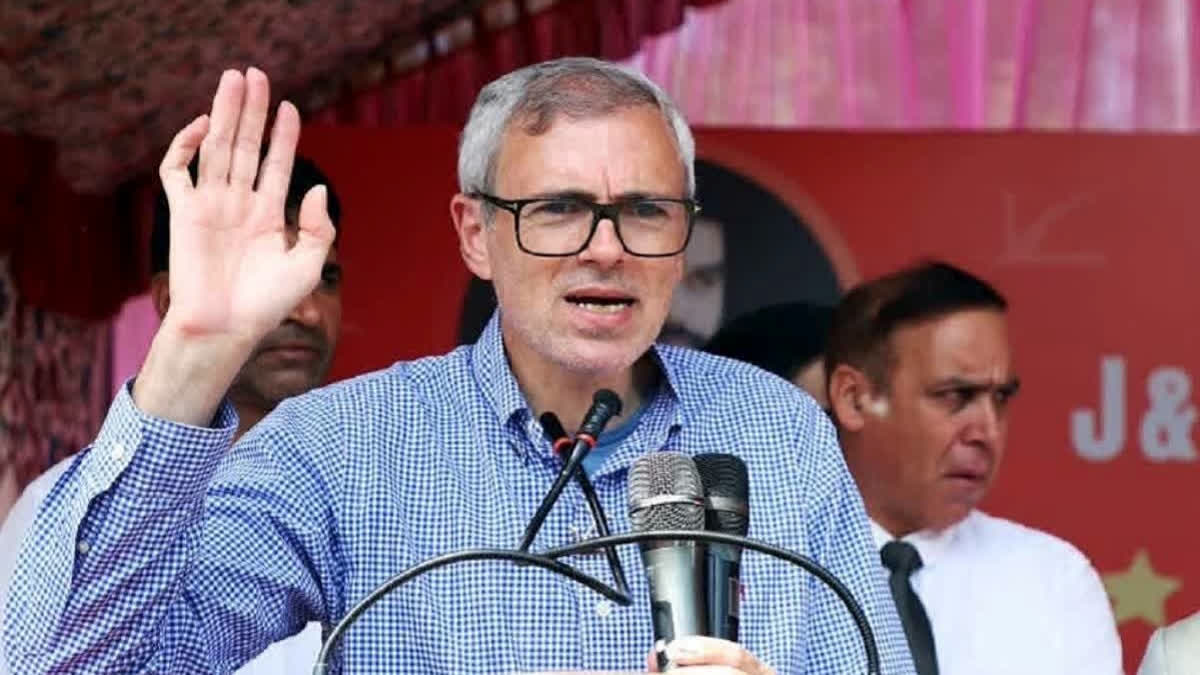New Delhi:Jammu and Kashmir Chief Minister Omar Abdullah on Tuesday said the Indus Waters Treaty (IWT) is creating hurdles in harnessing the huge hydel power potential of river-rich Jammu and Kashmir.
Speaking at the Conference of Power Ministers of States & UT in the national capital, Omar, who also holds the power portfolio, said J&K pays a "heavy price" in peak winter months when power generation hits low, creating hardships for its people. Chaired by Union Minister for Power, Manohar Lal, the conference was attended by power ministers and senior government functionaries from across the country.
In his address, Omar said that the "limiting" clauses in the Indus Waters Treaty restrict Jammu & Kashmir from realising its full hydel potential by only permitting run-of-the-river projects.
“Hydel power is J&K’s only viable energy source. The region relies on power imports from other states, adversely impacting its economy," Omar said. To address the issue, J&K would require special compensation from the Centre, including viability gap funding and equity assistance to harness its untapped hydro-energy potential, he added.
Omar said the support will not only help in meeting the region’s energy needs but also contribute to national clean energy goals.
